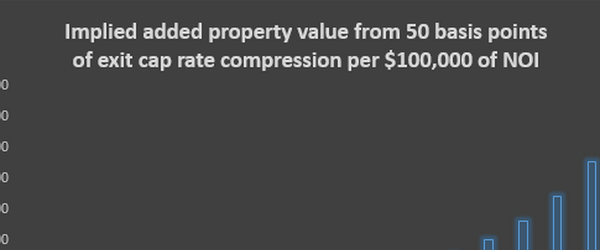Investment property valuation aims at estimating the market value and economic merits of a property investment, given the prevailing property investment environment and real property market conditions at the time of analysis.
Property valuation is required by banks in order to finance or refinance investment property acquisitions. Buy-to-let property (office, retail, warehouse or residential) is a typical example of investment property.
Investment property valuation examines the local property investment market, in terms of size, activity, main property types, crucial pricing rates such as capitalization rates and discount rates, and key players with a focus on the particular property type under consideration.
One of the main objectives of this analysis is to highlight the advantages and disadvantages of the property as an investment against other asset classes within the local and regional market environment. In particular, the investment risks and return prospects of the particular investment property need to be analysed within the context of the overall outlook of the property type under consideration, and against the risks and prospects of other property types.
Moving from the market and overall property type level to the specific property level, investment property valuation needs to examine and evaluate carefully all the attributes of the property, physical, environmental, legal, location, financial and any aspect that may have bearing on its income earning capacity and value prospects. Once carefully analysed, the impact of all these factors on property gross and net income earning capacity and prospects must be assessed and quantified.
The most commonly used technique for investment property valuation is the discounted cash flow model. Another methodology that is often used in combination with the discounted cash flow approach is the sales comparable approach. In the case of the land that can be developed to a particular use that can produce income for its owner the residual value approach is used.




































Comments